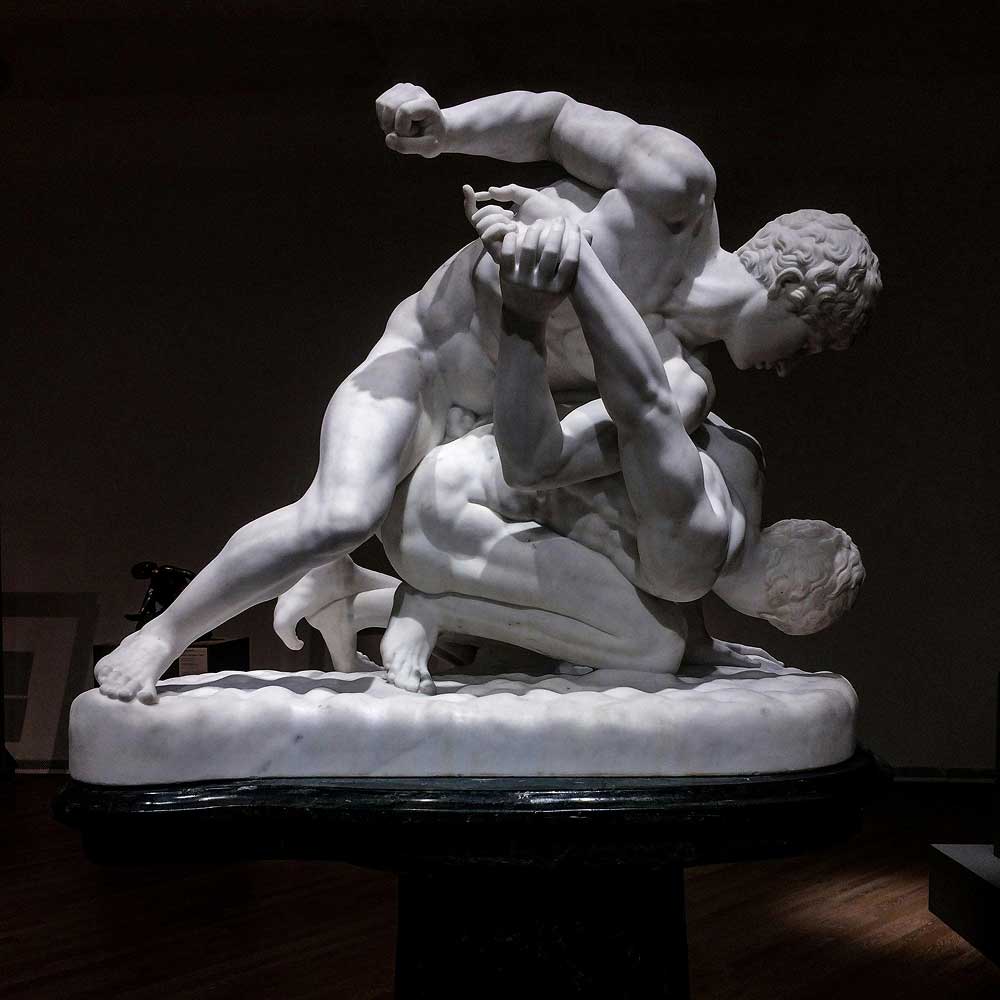
Paragon:Etymology and History of the Word "Paragon"
The Word "Paragon": An Etymological Journey to Excellence
The word “paragon” has a fascinating etymological journey that reveals much about its meaning and cultural significance.
Etymology
The English word “paragon” ultimately derives from Greek roots, tracing a path through centuries of linguistic evolution:
- It originates from Byzantine Greek παρακκόνη (parakónē), meaning “whetstone,” itself derived from the Ancient Greek verb παρακονάω (parakonáō), meaning “I sharpen, whet.” This verb combines the prefix παρά (pará), indicating proximity or intensity, with ἀκόνη (akónē), meaning “whetstone.”
- The Greek term evolved into Medieval Latin paraconem (accusative of paraco), meaning “touchstone”—a fine-grained stone used to test the purity of precious metals by the color of the streak left when rubbed.
- From Medieval Latin, the word entered Old French as paragon, acquiring the meaning of “model of excellence” by the late 15th century.
Semantic Evolution
The semantic journey of “paragon” mirrors this evolution:
- Initially, it referred to a physical whetstone or touchstone used to test precious metals.
- It then took on a metaphorical sense as a standard against which others are measured.
- Finally, it evolved into its modern meaning: a person or thing regarded as a perfect example of a particular quality or type.
Historical Usage
The term “paragon” appears prominently in classic literature:
- In Shakespeare’s Hamlet (circa 1600), Hamlet describes his father as “a combination and a form indeed… where every god did seem to set his seal… He was a man, take him for all in all, I shall not look upon his like again”—a poetic depiction of a paragon of manhood.
- Edmund Spenser’s The Faerie Queene (1590-1596) uses paragon to describe perfect examples of virtue.
- By the 17th century, paragon was firmly established in English as a term denoting supreme excellence or perfection.
Modern Usage
Today, “paragon” typically describes:
- A person of exceptional merit
- A perfect embodiment of a concept or quality
- A model of excellence or perfection
The term also appears in specialized contexts:
- In typography, “paragon” historically referred to a large type size (approximately 20-point).
- In gemology, a “paragon” can mean a flawless diamond.
- In various creative fields, including video games and literature, characters named “Paragon” often symbolize ideals of heroism or perfection.
Paragon in Contemporary Branding
The word “paragon” continues to resonate with organizations that seek to convey excellence, refinement, and superiority. Its etymological roots in sharpening and quality testing make it an ideal metaphor for brands focused on elite performance and continuous improvement.
One such modern embodiment is the Greek company Paragon Elite Fight Group. This organization’s name evokes the sharp edge of knowledge and perfection in martial arts training and competition—reflecting the ancient connotations of honing skills and achieving the highest standards.
Author: Paragon Elite Fight Group – Research and Development Team
Published: 28/05/2025
Website: www.paragonelitefight.com
Contact: [email protected]
At Paragon Elite Fight, we don’t just train—we evolve. Our Research and Development Team is a collective of combat athletes, sports scientists, marketing strategists, and fight historians dedicated to bridging the ancient roots of martial arts with the future of combat performance.
Born from Hellas, forged in the legacy of Pankration, we pursue excellence, innovation, and authenticity relentlessly. Every word we write is inspired by real warriors, real battles, and the enduring fire of those who choose the hard road—the worthy road.
Whether in the cage, on the streets, or in life, we create for those who train harder, think deeper, and never stop fighting.
Join us at www.paragonelitefight.com to explore more articles, elite gear, and resources forged for fighters who demand more from themselves—and their tools.